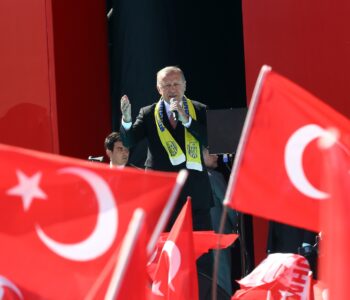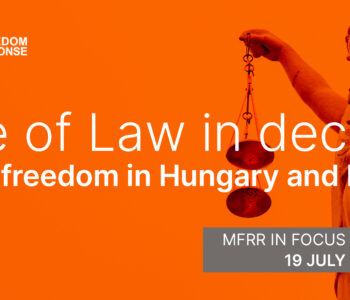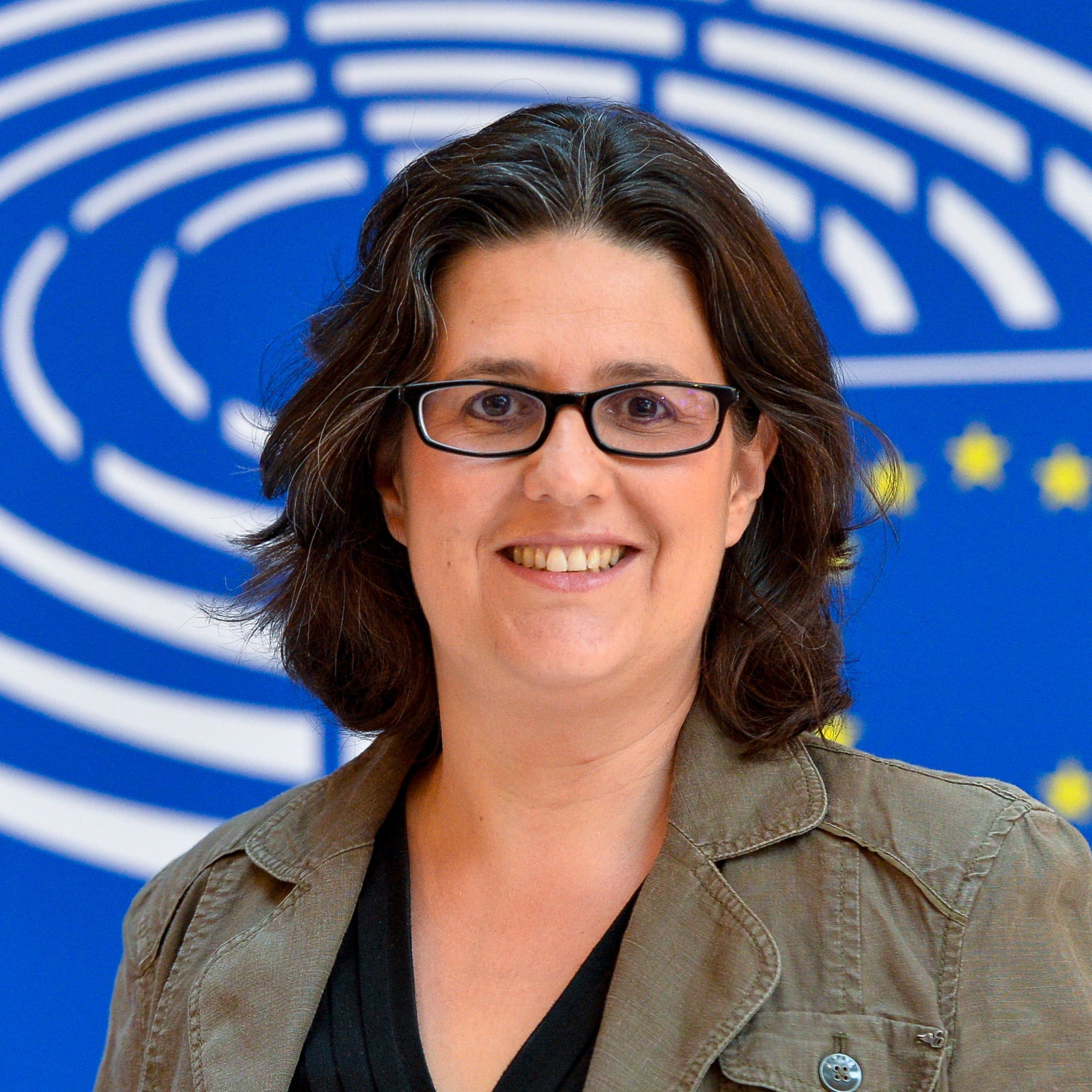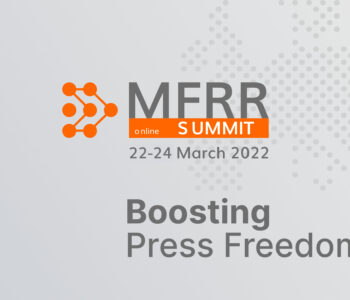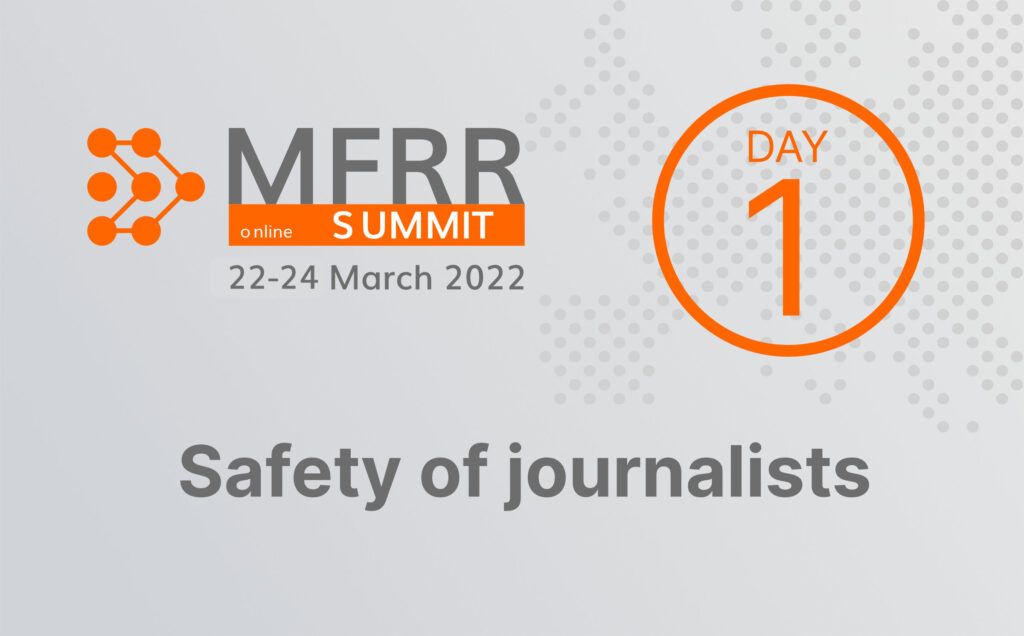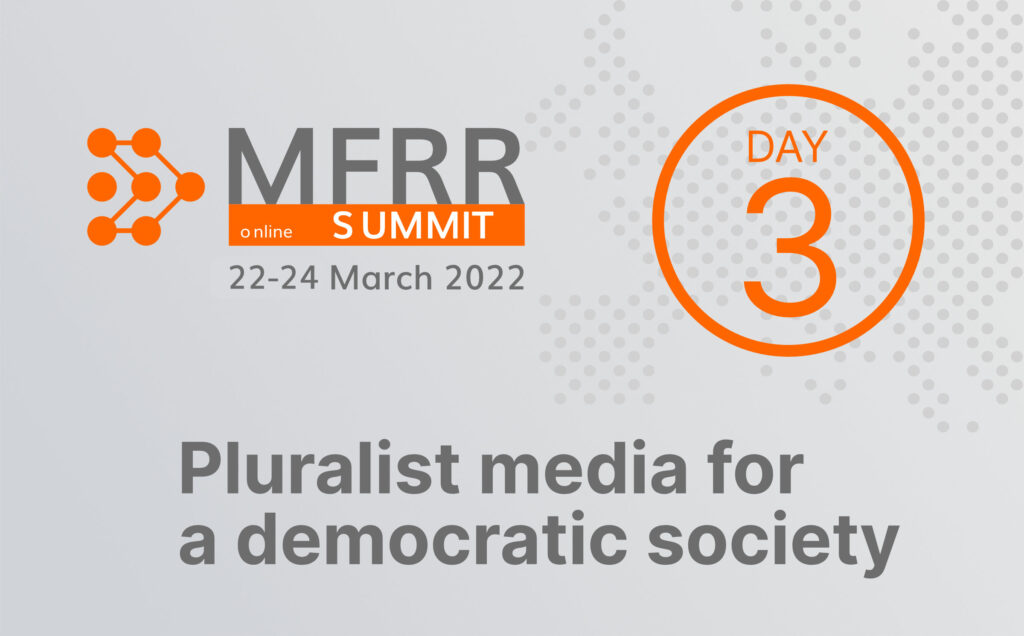 Allgemein
Allgemein
Open letter: Bosnian public broadcaster BHRT in the final…
Open letter: Bosnian public broadcaster BHRT in the final stage of collapse, EU must take swift action
27 November 2025
Dear President of the European Commission, Ms Ursula von der Leyen,
Dear Commissioner for Enlargement, Ms Marta Kos,
We are writing to you today to express our serious concerns regarding the future of Bosnia and Herzegovina’s state-level broadcaster, Radio-Television of Bosnia and Herzegovina (BHRT). Our letter comes as BHRT staff today protest in front of Parliament of Bosnia and Herzegovina to raise alarm about the dire financial situation and call for institutional support and immediate action that will end years of disrespecting the Law.
For years, BHRT has been facing serious financial challenges due to a deep institutional crisis and debts primarily incurred by entity-level broadcaster RTRS, which has brought the national public broadcaster to the brink of collapse. Politicians have openly disregarded the law, resulting in only minimal funds reaching BHRT, against a backdrop of inter-entity funding disputes.
According to staff, the situation has now reached a point where accounts may be frozen and electricity and gas cut off at any moment. On 21 November, programs were interrupted for three hours due to the loss of power supply and the intermittent non-functioning of the entire system – most likely because of water penetrating the electrical installations during heavy rains. BHRT’s central building is in very poor condition and lacks funds for maintenance. The entity public service FTV, which operates from the same building, also experienced an interruption. Furthermore, the financial situation of BHRT puts some 780 employees from the entire state in a situation of constant precarity and fear of losing even the minimum income they have.
In an appeal published on 19 November 2025, employees called for personal and institutional responsibility, denouncing the inaction that contributes to maintaining the existing blockade and prolonging the unbearable situation.
As BHRT staff protests today, our organisations call on you to urge the Bosnian and Herzegovinian government to ensure long-term support and independence to this public interest media, by implementing and further improving law on public service, in line with European standards as required by the EU integration process, as well as promised in recently adopted Reform Agenda
Public service media are key pillars in media environments in democratic countries. The obligation of governments to ensure a sustainable and independent public media service is a prerequisite for accession to the European Union and compliance with the European Media Freedom Act (EMFA). If urgent steps are not taken to remedy the issue, BHRT faces the risk of closure.
In order to protect the democratic system in Bosnia and Herzegovina and maintain EU accession aspirations, we urge you, Madam President and Madam Commissioner, to use the Enlargement Package findings and demand action from Bosnia and Herzegovina’s institutions to ensure a regular and fair distribution of RTV fees according to law, allowing BHRT to receive the funds it is legally entitled to. Bosnian authorities need to promptly adopt a new law that guarantees BHRT’s long-term political and financial independence. RTRS should respect the decision of local courts and pay off the 50 million EUR debt to the BHRT.
These would be just first steps in providing both short-term and long-term legislative solutions that will ensure survival and sustainability of the public broadcaster based on the principles of transparency and editorial independence.
The undersigned organisations stand in solidarity with BHRT journalists and media workers who keep informing Bosnian citizens despite the dramatic conditions they work in. We join them in urging immediate action to save the public broadcaster and ultimately protect the interests of Bosnian citizens in their access to independent, pluralistic and reliable information.
Sincerely,
European Federation of Journalists (EFJ)
European Centre for Press and Media Freedom (ECPMF)
Free Press Unlimited (FPU)
International Press Institute (IPI)
Osservatorio Balcani Caucaso Transeuropa (OBCT)
This open letter was coordinated by the Media Freedom Rapid Response (MFRR), a Europe-wide mechanism which tracks, monitors and responds to violations of press and media freedom in EU Member States and Candidate Countries.

